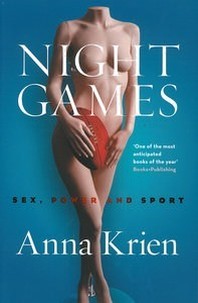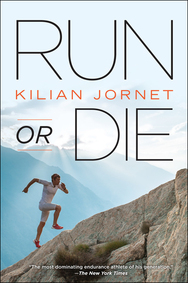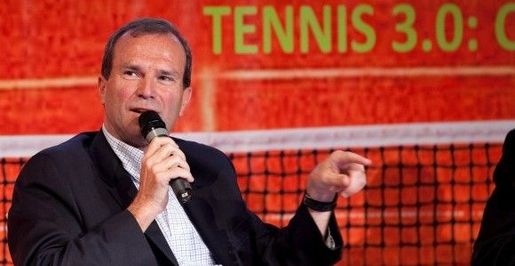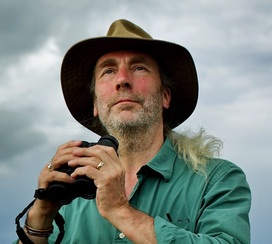 The cover of Anna Krien's book when it was first published, in 2013
The cover of Anna Krien's book when it was first published, in 2013 Lord's cricket ground has been staging the first London festival of sports writing.
And sports writers have even been given their own half-hour on Radio 4's erudite Open Book programme. So you would be forgiven for assuming that writing on sport for a living has never been better.
Until you took a look at the six-book shortlist which was announced last week for this year's "Bookie Prize", the bookmaker-sponsored Sports Book of the Year.
"Not exactly the most inspiring shortlst I've ever seen," said one sage old friend in a pause for breath one night earlier this week after we had got the first edition - and the nigglesome 7.45pm kick-off runners - out of the way.
Now my chum is one of those old-school subs who devours books like us mere mortals consume hot dinners. For many years, he even used to review sports books for a national newspaper. So his views on the subject were worth hearing.
What did he mean? "Well, the Matt Dickinson book on Bobby Moore ought to be a shoo-in for the award. The five other titles are no where near as strong.
"Two of the books shouldn't even be on the shortlist. The clue's in the title: 'the 2014 Sports Book of the Year'," he said, stressing the last three words.
"They were first published last year."
The first of those, Anna Krien's Night Games: Sex, Power and Sport, which has been lauded around the globe for its portrayal of a "grotesque culture of contemptuous, vicious misogyny" (according to The Independent), was first published in Australia in May 2013. Or what we on the sports desk normally refer to as "last year".

Both books were subsequently republished in this country, during the entry period, and entered by their publishers, eager for the boost in sales each title might enjoy from the ensuing publicity.
The Bookie Prize - so-called because of its sponsorship since 1989 by bookmakers William Hill - has been down this road before. In 2006, they handed the prize and a handsome cheque (the 2014 winner will get a not-to-be-sniffed-at £26,000) to Geoffrey Ward for his excellent book about the former heavyweight world champion, Jack Johnson, Unforgivable Blackness.
The only trouble was that that book had been on bookshelves for so long that Ward had had time to make a TV documentary based on it which had won an Emmy in America in 2005...
Of course, the organisers can apply whatever rules they like to their own competition, which may explain how in 2000 they came to reward serial cycling cheat Lance Armstrong for his "autobiography" - which he got someone else to write for him - It's Not About The Bike, without a flicker of suspicion that the American might have been telling a few porkies.
Given that one of the award's most outstanding winners, Paul Kimmage, had been investigating Armstrong for years, the American getting a book-writing prize was a bit of a slap in the face.
Anyway... The idea that a book - or this year, two - can displace from the shortlist other deserving writers' works which have genuinely been first published in the year of the competition is becoming increasingly absurd, as Amazon and other online retailers enable the keen and savvy to buy books, or their Kindle editions, from anywhere around the world.
John Gaustad, the co-founder of the Bookie Prize, should realise that better than most. His fate is a lesson to all of us in the sports writing or publishing business.
For nearly two decades, Gaustad owned and ran the much-admired Sports Pages bookshop on Charing Cross Road. The shop has been closed for some time now, as Gaustad was unable to compete with the online book trade, principally Amazon.
In between judging somewhat dated sports books, Gaustad has been earning a living driving a minicab.



 RSS Feed
RSS Feed


